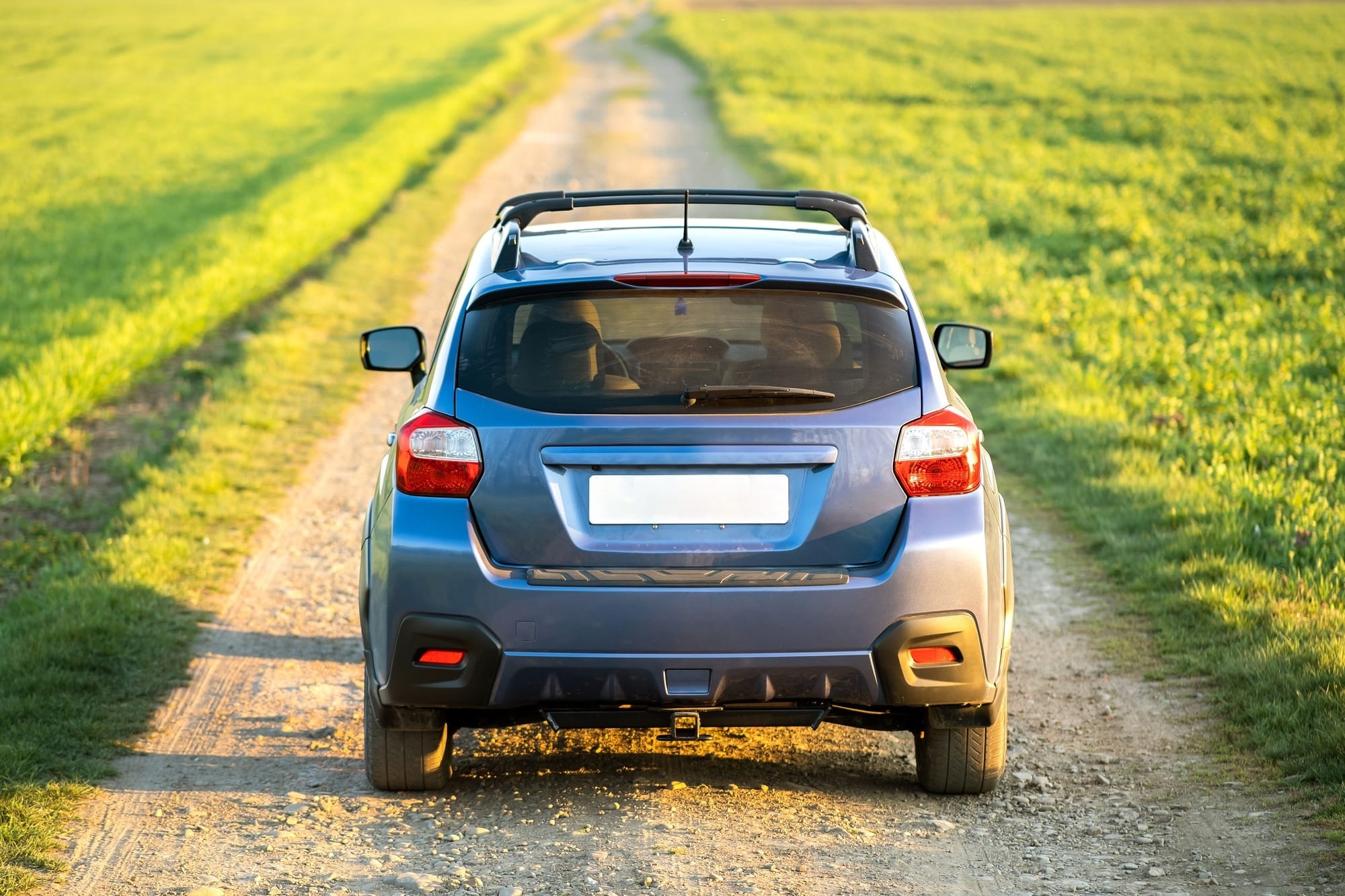This piece was previously published in Flyover Country Literary Magazine, The Limits of Language, and The Unbridgeable Canyon
The Mississippi River, feeding off of spring showers and upstream thawing, is all chaos and churn. Civilization is eight miles of freshly laid gravel and twenty miles of rural byways behind us. I stoop over by the bank, looking for a way to delay the inevitable. My daughter can see right through the ploy.
“Can I drive now?” she asks, tapping her foot.
I finish digging a flat stone out of the muddy riverbank and toss it up a few times, testing its weight. “Did you bring your permit?”
I throw the stone sidearm and count the rings left behind as it skips across the river’s surface.
“Yep,” she says, pulling her wallet from her purse and shaking it in front of my face.
Of course. I wouldn’t be lucky enough to get off on a technicality. Anxious questions ripple through my mind. Are we far enough from anything she could damage? Do I have enough insurance? What if she drives into the river? How in the hell do you teach someone to drive, anyway?
“Can you even see over the steering wheel? Maybe we should get you a booster seat first.”
“Dad!” She slaps my arm and turns her head to hide the smile.
I’m sure only yesterday she was a ten-year-old with glasses too big for her face and perpetually messy hair. Nothing like the young woman with trendy glasses and tidy, chestnut hair standing on the dusty road beside the river.
There must be a word or phrase for the warring emotions. For the line between pride and heartbreak. Ambivalent? Too generic. Bittersweet? Too cliche. Early-onset empty nest syndrome?
Trying to stop her is as pointless as trying to stop the swollen river from rushing toward the Gulf of Mexico, so I make the only play I have: I hand her the keys.
After a period of adjusting the steering column, mirrors, and seats, the car lurches into motion. I’m at peak tension now, trying my best to smile while my brain is screaming WHAT ARE YOU DOING YOU FOOL WE’RE GOING TO DIE.
“Don’t forget your seat belt,” I say, gripping mine like a villain just cut the swinging bridge I was walking across.
She slams a little too hard on the brakes to stop and buckle up. I squeeze my eyes shut and think about how I never got around to setting up that will.
I let her pick the direction at the first intersection. She drives south along the winding roads that mirror the bends in the river. The windows are rolled down a crack and the sensory reality outside is the tonic that finally calms my nerves: two parts gravel dust, one part musk of Mississippi—inhale.
With my panic settling to dread, I’m finally in a position to address the jerky protests of the SUV—clearly not happy with the inexperienced handling of its controls. I give her gentle instructions, and she follows them without taking her eyes from the road.
I can’t help but think that if I keep staring at everything she does, I might make things worse, so I turn my head and watch the miles crawl past the passenger window instead. The occasional farmhouse watches from a safe distance. Miles of corn and soybeans sway in the breeze, waving as we pass. Little creeks meander through the landscape toward the Mississippi without paying us any attention. I cast my mind into one and imagine floating the 780 miles to the river’s delta.
She pulls over at the stop sign that intersects the paved county road that will take us home.
“You’re doing great, kid. You can keep going if you want to.”
“I don’t think I’m ready.” The tremble in her voice draws my attention. She is staring at an old faded red and white pickup truck thundering down the byway beyond the stop sign. Her shoulders are stone, her jaw is clenched, and her hands are shaking on the wheel.
I nod, and we switch places. 8 miles down, 772 to go.
